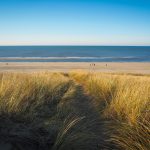Regulating the expansion of offshore wind in the Netherlands: balancing EGD objectives towards a healthy and sustainable North Sea
The Dutch part of the North Sea must balance carbon-neutral energy production, healthy marine ecosystems, and sustainable food sources. It is governed by an array of directives and policies (MSPD, MSFD, CFP, REPowerEU, and more) that sometimes pull in different directions. By examining where they align or conflict, this case study suggests ways to address uncertainties, streamline licensing for offshore wind, support fisheries, and protect marine life—ensuring long-term environmental and climate targets are met.


Assess the extent to which key national legislative, regulatory, and policy instruments for the planning and licensing of offshore wind farms in the Dutch North Sea integrate and balance competing EGD climate and environmental objectives
Draw lessons from challenges and solutions in this framework to facilitate a more coherent implementation of EGD energy/climate and environmental objectives.
MSPD, MSFD, SEA and EIA Directives and their implementation in the Dutch part of the North Sea, REPowerEU, Birds and Habitats Directives
Biodiversity Strategy, Sustainable Blue Economy, Offshore Renewable Energy Strategy, Fit for 55, Climate Target 2030 and Climate Adaptation
North Sea 2030 Strategy, Dutch North Sea Agreement, North Sea Consultations, OSPAR
Law on offshore energy at sea / Wet windenergie op zee (2015 – as amended in 2021)
North Sea Agreement 2020
North Sea Programme 2022-2027 (MSP implementation, mentions issues such as multi-use, energy hubs – islands)
North Sea 2050 Spatial Agenda (long-term vision for the Dutch North Sea)
Marine Strategy for the Dutch section of the North Sea 2022-2027 (implementation of the MSFD)
Climate Agreement 2019 and Climate Act (Klimaatwet – goal of reducing GHG by 49% by 2030 and 95% by 2050, carbon-neutral energy generation by 2050)
Roadmap offshore wind parks in North Sea 2032
The Dutch part of the North Sea (EEZ) – Potential focus on specific areas that have been designated as suitable for the authorization of offshore wind farms and where the licensing process took place following a tender based on non-exclusively economic criteria
Ministry of Climate and Green Growth (formerly Economic Affairs and Climate)
Ministry of Infrastructure and Water Management – Directorate General for Public Works and Water Management
North Sea Dialogue
TenneT (energy regulator responsible for network / grid connections)
Community of Practice North Sea
Offshore wind industry associations (NWEA etc)
Netherlands Commission for Environmental Assessments
Various NGOs (Birdlife Netherlands, North Sea Foundation, Environment and Nature)
The SEA is based on an initial scoping report, that is subject to public consultation and is examined by an independent Commission (Commission for Environmental Assessments), whose advice is, however, not legally binding.
The SEA considers potential cumulative impacts based on a domestically developed methodology (KEC). Efforts are made to streamline the methodology with other states bordering the North Sea (for instance, in the context of the NSEC).
Nonetheless, the cumulative effects of different activities and the transboundary effects are still not satisfactorily examined. A further issue appears to be that SEAs are primarily a qualitative assessment, but at this level of abstraction it is not feasible to offer quantitative outcomes.
The environmental impact assessment is carried out by the Dutch authorities. It is also subject to public consultation and the opinion of the independent Commission on Environmental Assessments.
The planning phase is subject to the conduct of SEAs and Appropriate Assessments (under the Nature Directives).
The designated areas and the possible areas to be designated in the future are included first in the Programme North Sea 2022-2027 and then also depicted in the roadmap for offshore wind parks (latest update in 2024)
The case study is examining both the planning and the licensing phases for offshore wind parks in the Dutch part of the North Sea

The CrossGov project is funded by the European Union under Grant agreement ID 101060958.
The website content is the sole responsibility of CrossGov project and does not necessarily reflect the views of the European Union.